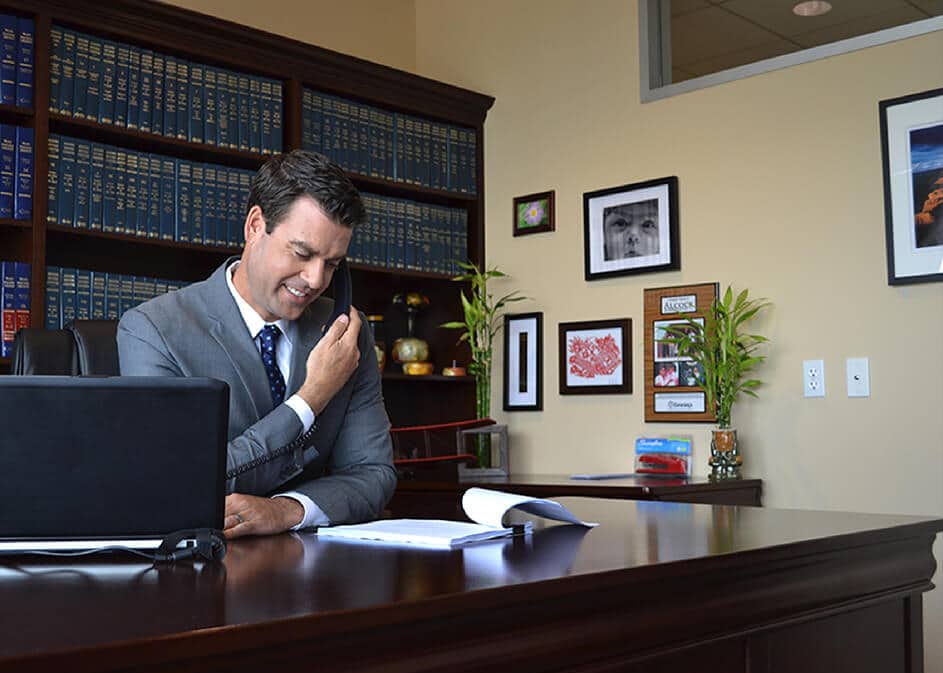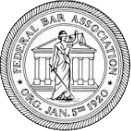Criminal Defense Attorney Nick Alcock: How Arbitrary Time Limits Hurt Criminal Defendants
How arbitrary time limits hurt criminal defendants.
Posted by: Criminal Defense Attorney Nick Alcock
In a recent decision, the 9th Circuit Court of Appeals has made it tougher on the little guy to get justice. In the case United States v. Aguilar-Reyes, a defendant rightly challenged a sentence that was too long. The District Court looked at the sentencing and agreed that they had sentenced the defendant to too much time. The government objected, however, because they claimed the challenge was submitted late.
(8) United States v. Aguilar-Reyes
Decided: 8/8/2011
No. 10-10216
District Judge B. Lynn for the Court: Circuit Judges Silverman and GraberCRIMINAL PROCEDURE: FRCP 35(a), which allows a district court to modify a sentence of imprisonment within fourteen days after sentencing, is jurisdictional and not merely a time-related directive. Thus, the district court lacked jurisdiction when it resentenced the defendant fourteen days after the original sentence ruling.
In 2008 Aguilar-Reyes was convicted of illegally transporting aliens, pled guilty to the charge and was subsequently deported. In 2009, Aguilar-Reyes was again arrested for driving a vehicle containing five illegal aliens and a grand jury indicted him on one count of reentry of removed alien. Aguilar-Reyes pled guilty to the federal offense, however, in the presentence report, it noted that the 2008 state conviction automatically triggered a 16-level enhancement under U.S.S.G. 2L1.2(b)(1)(A)(vii). Aguilar-Reyes objected to the report. On March 1, 2010, the district court overruled Aguilar-Reyes objections and applied the 16-level enhancement, sentencing Aguilar-Reyes to thirty-three months of imprisonment. Aguilar-Reyes filed a motion under FRCP 35(a), challenging the application of the 16-level enhancement. Twenty-eight days after the original sentencing, the district court held a hearing on the Rule 35(a) Motion and changed Aguilar-Reyes’s sentence. After a later hearing questioning the jurisdiction of the resentencing, the district entered an amended judgment. The government appealed, arguing the district court lacked jurisdiction under Rule 35(a) as more than fourteen days had elapsed since sentencing. The Ninth Circuit held that the fourteen-day deadline under Rule 35(a) was jurisdictional, thereby disallowing the district court decision to amend the sentence after fourteen days. Although Aguilar-Reyes argued that such a sentence change is a time-related directive and thus jurisdictional, precedent of the Ninth Circuit and the Supreme Court shows otherwise and therefore demands the original sentence be reinstated. VACATED.

REPRESENTATION YOU DESERVE
Here at Alcock and Associates our team and staff are dedicated to helping and representing YOU. The first step is to understand your case. We will take the time to get to know you and your legal situation so that we are best able to answer all of your questions. After your initial consultation with our attorneys, you will know what you are facing and what can happen to your case.
EVERY CONSULTATION IS COMPLETELY FREE AND COMPLETELY CONFIDENTIAL.
Top Rated Phoenix Attorneys






